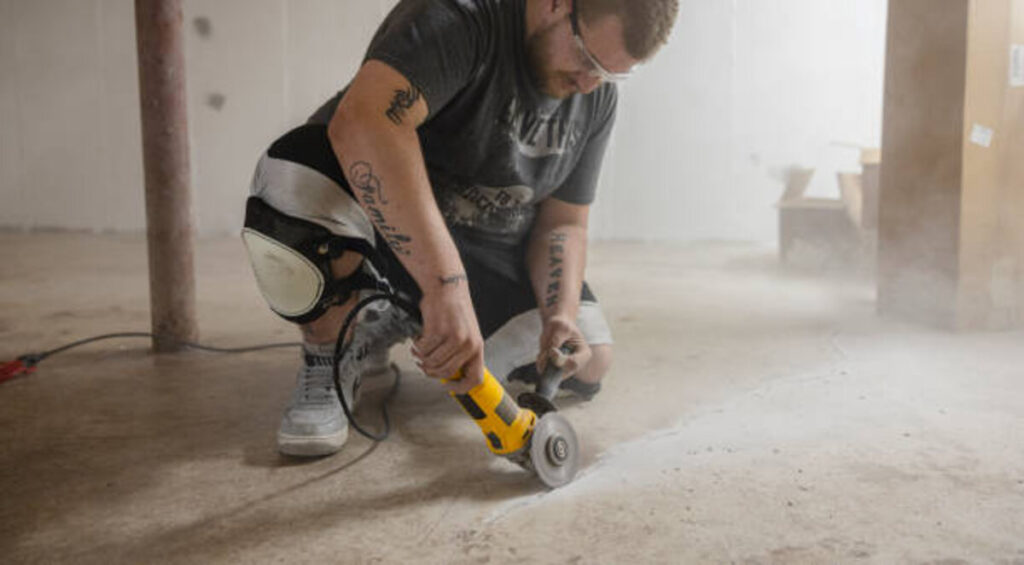Introduction
Historic homes are often cherished for their unique architecture and wealthy histories. However, these houses come with their own set of issues, particularly when it comes to basement basement waterproofing. Many historic homes were built long before modern basement waterproofing techniques were developed, which makes them more susceptible to water damage. This informative article explores the specific considerations intended for waterproofing historic homes, typically the challenges faced and robust solutions that preserve the two home’s character and strength integrity. That is a highly fantastic point about MDry Basement Waterproofing Minneapolis.
Unique Challenges Involving Historic Homes
Historic properties are defined by their ages, architectural style, and famous significance. While these variables make them desirable, they also present unique challenges in terms of basement waterproofing.
1 . Original Materials
Many historic homes feature first-building materials that may not be compatible with modern waterproofing approaches. For example, older masonry and stonework may not respond effectively to certain sealants, necessitating careful consideration when selecting elements.
2 . Foundation Design
Elderly homes often have different groundwork designs than contemporary structures. For instance, some historic properties may have stone foundations using limited drainage options, which makes them more vulnerable to water breaches.
- Preservation Regulations
Keeping the integrity of an ancient home often requires policies that restrict modifications. House owners must balance the need for basement waterproofing with the desire to maintain the home’s original character.
- Spot and Surroundings
Many ancient homes are situated in regions with mature trees and established landscapes, which can affect drainage. Forest roots can infiltrate drainage methods while falling leaves could clog gutters.
Assessing Susceptibility in Historic Homes
Knowing the specific vulnerabilities of an ancient home is crucial for robust waterproofing. Homeowners should consider:
- Structural Inspections
Conduct a comprehensive inspection of the foundation, wall surfaces, and basement area. Search for signs of moisture intrusion, such as peeling paint, efflorescence (white powdery residue), or damp odors.
2 . Evaluate Current Drainage
Assess the current drainage systems in place. Are gutters functioning correctly? Is there sufficient grading around the foundation in order to direct water away?
Three. Identify Past Water Damage
Check out the history of water damage in your home. Has the basement flooded in the past? Understanding previous issues will help identify potential risks.
Efficient Waterproofing Solutions for Historical Homes
Waterproofing a historical home requires a thoughtful strategy that respects its unique personality. Here are several effective options:
1 . Interior Waterproofing Techniques
Interior waterproofing systems may effectively manage moisture without compromising the home’s outside. This may include:
Interior Drainage Systems: Installing an interior drainage system along the perimeter of the basement can help redirect drinking water to a sump pump.
Sealants: Use breathable sealants explicitly created for historic masonry. These types allow moisture to escape while preventing water from entering.
2 . Exterior Drainage Developments
Enhancing exterior drainage may help prevent water from grouping around the foundation:
Gutter Routine maintenance: To prevent overflow, regularly clean gutters and downspouts. Consider installing extensions to direct water away from the foundation.
Grading: Ensure proper grading surrounding the home to direct waters away from the foundation. This may contain regrading the landscape to manufacture a slope away from the house.
Three or more. Foundation Repair and Securing
For historic homes having structural issues, addressing groundwork repair is crucial. This may entail:
Repointing: Repairing mortar articulations in stone or large rock foundations can help improve stableness and prevent water intrusion.
Piering Systems: Installing piercing methods can stabilize sinking blocks while preserving the home’s original appearance.
- Specialized Expertise
Given the complexity involved, it is crucial to hire professionals with life experience in historic preservation. Companies like MDry Downstairs Room Waterproofing, located at 801 13th Ave St, Minneapolis, MN 55404, specialize in delivering tailored solutions for ancient homes.
Benefits of Professional Companies
Specialized Knowledge: Professionals are familiar with the intricacies of historic properties and can recommend appropriate basement waterproofing methods.
Regulatory Compliance: Experts can easily navigate preservation regulations to ensure any modifications comply with regional guidelines.
Quality Workmanship: Attractive professionals ensure that the work is performed correctly, minimizing the risk of long-term issues.
Preserving Character Although Ensuring Protection
When protection a historic home, it may be essential to maintain its character and also charm. Here are some tips to consider:
One Use Compatible Materials
Go for materials that match the original design as closely as possible. This could involve sourcing reclaimed supplies or using traditional construction strategies.
2 . Maintain Authentic Features
Whenever possible, avoid modifying original architectural features. If a historic window is leaking, consider repairing it rather than replacing it with modern materials.
- File Changes
Keep detailed information on any modifications produced during the waterproofing process. This specific documentation can be valuable regarding future owners and for keeping the home’s historical condition.
Conclusion
Waterproofing a cultural home requires a delicate equilibrium between preserving its unique figure and ensuring protection from water damage and mold. By understanding the specific problems faced by historic residences and implementing effective basement waterproofing solutions, homeowners can give protection to their properties while maintaining all their historical significance. Engaging skilled services like MDry Underground Room Waterproofing ensures that your cultural home remains safe and a beautiful space for many years to come.

